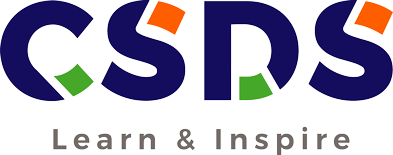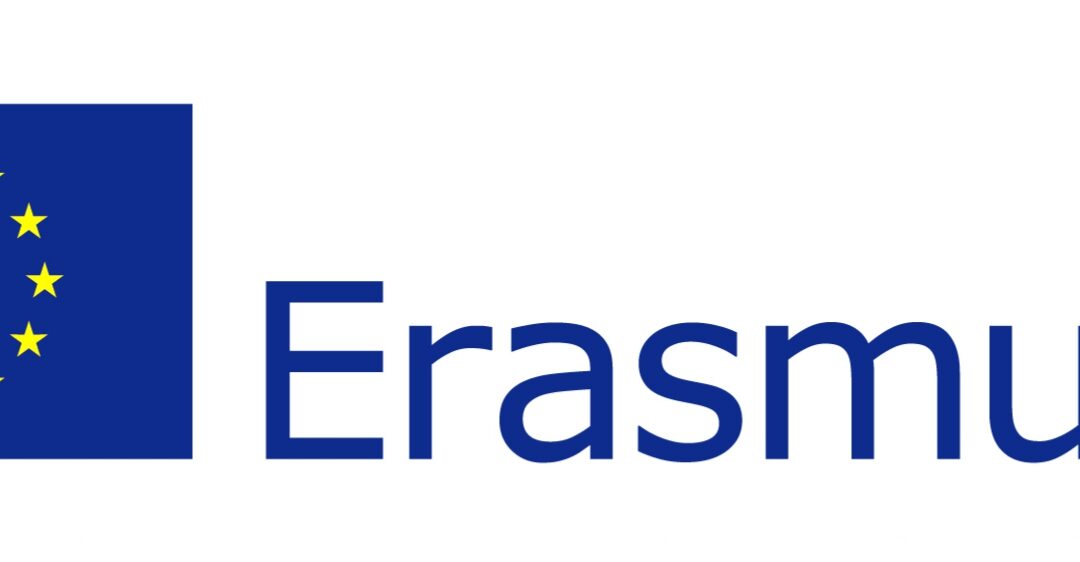Description:
The project is funded by the European Union through the Erasmus+ program, providing training courses focusing on communication, negotiation and mediation skills for youth workers, trainers, lecturers, NGO representatives, etc., to develop skills related to mediation as a method of conflict resolution.
– Implementation period: 2021 – 2022
– Participating partners:
CSDS is honored to work with 5 youth organizations from Italy, Finland, Greece, Spain and Colombia. These organizations are Callystoarts, Youth Development and Integration Association (STRIM), Action Synergy, University of Seville (USE) and Corporación Casa Mia, respectively.
– Project Activities:
The project will organize training courses to develop conflict management capacity (communication, negotiation, mediation). After that, all learning materials will be updated online as electronic learning materials. Finally, the project will produce a guide to best practices of conflict resolution and a model of mediation that has been verified and applied across diverse cultures in adolescent conflict.
– Purposes and objectives of the project
Conflict is a common problem in human relationships and a driver of change as well (Deutch, Coleman & Saunders, 2016). However, if not managed well, it can exert negative outcomes, even violence involved. Therefore, developing a capacity for constructive conflict resolution is essential, especially for young people who are more vulnerable to conflict and violence.
Mediation is said to be capable of transforming the parties through their interactions throughout the process. They will be empowered and spread this knowledge within their close circles and eventually society will be transformed (Brett, 2018) among others.
This project therefore aims to promote mediation in youth work as a means of empowering youth to approach conflict constructively and use it as an opportunity for change.
The project aims to:
- Create a sustainable network of organizations willing to share and have expertise in the field of mediation applied to youth work.
- Raise awareness of the potential of mediation as a tool to transform conflict.
- Build youth conflict management capacity, with a particular focus on mediation.
- Identify the most important conflict situations affecting youth in each local community.
- Share best practices in conflict resolution used in each community.
- Give voice to local stakeholders in the locality who have an impact on youth conflict situations.
- Empower youth workers to use mediation and serve as role models in their communities, thus spreading constructive approaches to conflict.

